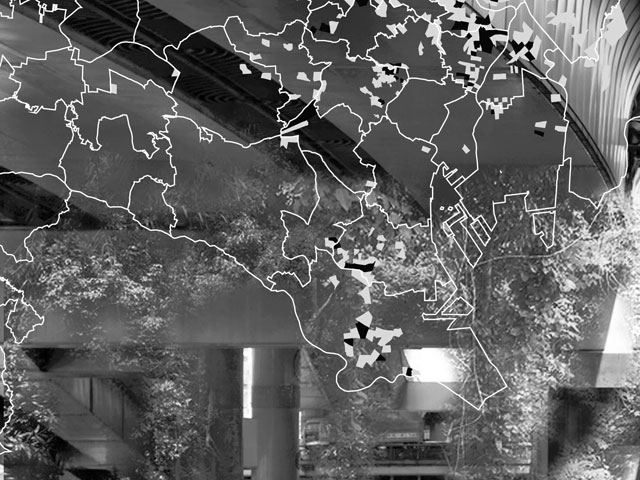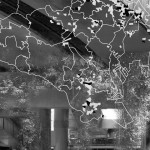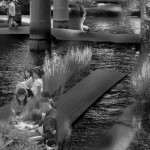Olesia Kruglov
ARCH-4980.4 | Ted Ngai, Lecturer
SYMBIOTIC VOIDS
Return to Edo
OLESIA KRUGLOV
Present-day Tokyo, the largest and richest city in the world, is an “urban village” with endless neighborhoods of single-family homes and greenery nestled between multiple layers of the highly organized infrastructure. Despite a national population decrease and subsequently small urban growth, the city continues to expand within commercial and industrial parameters. The nation has few raw resources, and even less land.
Tokyo is located on one of three plateaus on an otherwise mountainous archipelago, rendering continued spatial expansion impossible. Although proficient in manufacturing and technological developments, the financial and urban hub is highly dependent on imported energy. The future Tokyo is facing an impending energy crisis, and with the dangers of nuclear power fresh in everyone’s minds, the search for sustainable and domestic energy is a priority to the stability of urban life.
This project challenges the city of Tokyo to adopt a complex and invasive system that will consume the last of the highly sought-after urban voids, the forgotten canals of Edo. An electricity-creating system will be introduced into a biologically enhanced environment within the boundaries of the canals and a symbiotic relationship of bacteria and technology will allow the plant microbial fuel cell to act as a basic module for energy production. The required vegetation needed for electricity production will generate green spaces, drawing in the public and creating organic forms of circulation throughout the city. Perhaps this system may even recall the traditional Japanese relationship to nature, nurturing a coexistence that will be molded by urban factors.


